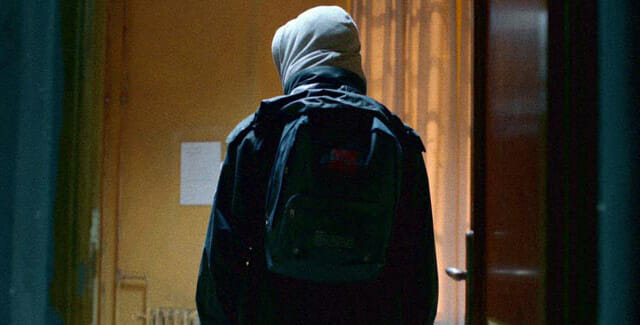The Imposter

On June 13, 1994, 13-year-old Nicholas Barclay disappeared from his hometown of San Antonio, Texas. Being from a turbulent, working-class family, he received little attention from the media and it seemed that his family were the only ones who missed him (and they did so desperately). Imagine everyone’s surprise when Barclay was reported found three years later in Linares, Spain. Imagine their horror at the story he told of abduction, abuse and torture. Most importantly, imagine their relief that he was alive and returned to them. The relief of a sister. The relief of a mother.
Yet would this relief be powerful enough to overshadow troubling discrepancies? This is one of the core questions of director Bart Layton’s powerful documentary, The Imposter. Why didn’t it seem to bother the family that this found Nicholas had brown eyes instead of blue? Or that he spoke with a French accent?
It is no spoiler to say that The Imposter is the story of just that—an imposter named Frederic Bourdin who was a 23-year-old Frenchman masquerading as a 16-year-old American boy. That much is addressed in the opening minutes of this stunning film. What is more important, and what Layton explores to remarkable depths, is how exactly not only the boy’s family but the American authorities, media and public could be duped by what now seems a pathetic ruse. Layton presents us with the depths of sorrow of a family missing a child and to just what lengths they may unconsciously be willing to go to be reunited. He presents us with a society desperate for closure and for a happy ending. Most significantly, he presents us with a masterful and seductive con man in Bourdin, a man both in great need of love and in great fear of it.
-

-

-

-

-

-

-

-

-

-

-

-

-

-

-

-

-

-

-

-

-

-

-

-

-

-

-

-

-

-

-

-

-

-

-

-

-

-

-

-








































